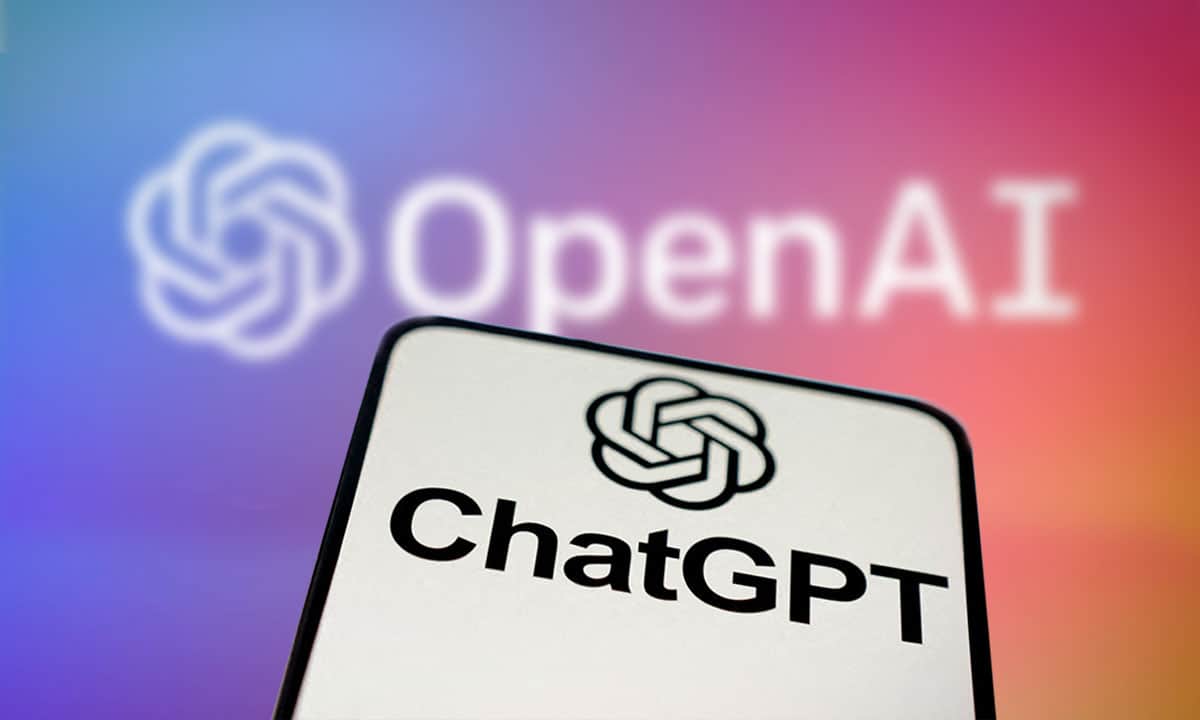Can Artificial Intelligence organize a Governmental and Institutional travel?
- Emmanuel González
- Interesting Facts
- Hits: 1363
We’ve put this question to one of the most popular today, ChatGPT, from OpenAI, and the result is surprising.

In the last year, ChatGPT, an AI developed by OpenAI, has become not only one of the hot topics, but also a matter that goes beyond a random response generator with some connection between them. The way in which this AI works, as well as other similar ones, is not simple at all, however for the profane in the field we could summarize it as follows: ChatGPT, in thousandths of a second, collects proven information from the network and offers it, to the user, in a developed and tremendously intelligible form.
Generally, trips are conditioned by a multitude of external factors that condition their success or failure. This is something that in the specific case of government and institutional travel acquires importance.
Some issues that apply to all trips in the world are, for example, adverse weather changes, flight delays, breakdowns in any type of vehicle, political-social situation at origin or destination, hygienic-sanitary conditions, etc.. To these in GITT travels we must add an even greater cast, highlighting changes in the agenda, last-minute changes -so common in these travels-, advanced travel, security reinforcements, use of forces and security bodies of the destination itself, and the special treatment that all travel data must have, that is, the confidentiality of the information, among many others.
When we have asked the popular OpenAI Artificial Intelligence about how a domestic trip is organized, it has responded quickly and extensively, with an elaborate list that can be expanded little by little at the user's request. When it comes to doing the same regarding the organization of a governmental or institutional travel, ChatGPT has carried out a similar process, taking data in record time from the main sources of information in this regard.
Nowadays, the main source of information in this regard is the extensive bibliography, which includes manuals, regulatory texts, articles and external collaborations, developed by the Tourism Optimizer Platform (TOP) and GOVERSYS team. While it is true that the AI takes data from the media that have echoed the activity of TOP-GOVERSYS, OpenAI's Artificial Intelligence takes, in practice, point by point the bases, or decalogue, of the identified GITT sector by TOP as a completely independent segment within the Tourism industry.
Thus, ChatGPT makes an interesting list of the main 'tips' that encompass the travels of authorities, without delving into them excessively and finding some coincidences with domestic trips. The speed with which it does so is remarkable, and how well it condenses the information, which it exposes to the user in a clear and concise way, practically encouraging him to search for more information on the net on his own.
However, when we have posed to the AI certain typical travel problems for governments and institutions, such as a last-minute change, adverse weather that prevents travel to or from the destination, or a standard socio-political tension scenario, it has re-enumerated the aforementioned list –and which we attach to this article-.
The progress of AIs is unstoppable, we cannot deny it under any circumstances, and its implementation in different commercial and support areas, be it private companies or the administration, has only just begun. However, from an objective perspective, these AIs -taking ChatGPT as the main reference- are not yet in a position to offer, in real time, solutions that the agents involved in a travel can carry out. These decisions have to be made in tremendously short periods of time, and with absolute coordination. This is what guarantees, for all intents and purposes, that these movements are carried out successfully and without any kind of incident.
The human factor is decisive in a governmental or institutional travel, and technological support, which is the essence of TOP-GOVERSYS, is also, of course. But entrusting (at least today and several decades from now) the organization of a trip or the resolution of problems during it to Artificial Intelligence is, without a doubt, impossible.
Apart from the above, and from the investigations carried out by the TOP-GOVERSYS team of IT experts, it can be determined that an AI, at present, cannot organize a trip of any kind, much less a governmental one. However, we must leave the door open to advancement and technological progress, and in the medium-long term, these AIs, as long as they are trained for this purpose, could well be an important point of support in certain stages of planning a trip, although in no case during their development, in which training, experience, know-how, and coordination are the four pillars on which the success of a Head of State is based , a president, a minister or any other element with status, rank and institutional role, in the exercise of their functions, can carry out a displacement, whether internal or external, with all possible guarantees.



